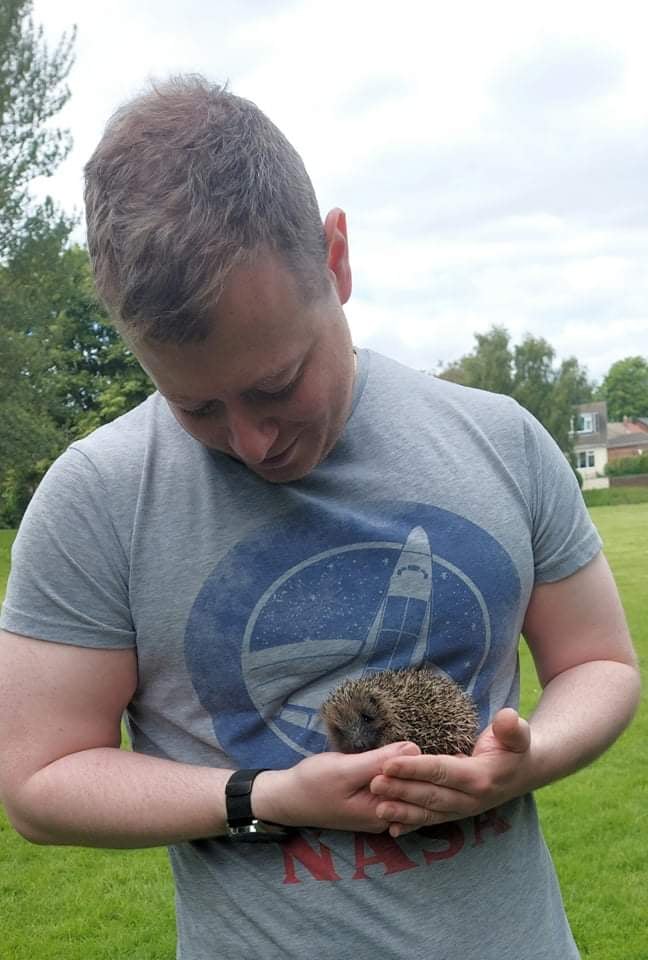
Families of children with Autism are “struggling” because they are not being diagnosed early enough, experts have said.
Children with autism spectrum disorder (ASD) are being delayed in getting access to specialist care because they are not being diagnosed in a timely fashion, researchers from Newcastle University found.
Experts said that the age of diagnosis has not decreased in a decade – still averaging four-and-a-half years.
In a new study, published in the Journal of Autism and Developmental Disorders, researchers analysed data concerning 2,100 children between 2004 and 2014.
Figures obtained from the ASD-UK database showed that boys were often diagnosed as getting an earlier diagnosis than girls.
Lead author, Dr Jeremy Parr, clinical senior lecturer at Newcastle University, said: “There’s a growing body of evidence showing that early intervention can improve social and communication skills in children with autism spectrum disorder.
“Many children receive a diagnosis later than they could have done, this means that they and their parents have to struggle on longer than necessary without suitable support or understanding of their child’s difficulties.
“We need to improve awareness of the signs of autism spectrum disorder in very young children. We need health visitors and GPs to have the training and support to help them identify young children with ASD.”
Jon Spiers, chief executive of Autistica, the autism research charity that funded the study, added: “This research shows that the age of diagnosis for children with autism remains as unacceptably high as it was ten years ago.
“We need research to find ways to speed up diagnosis and to help identify those left isolated for too long, such as girls with autism.”
A separate report published by the National Autistic Society has shown that autistic people and their families feel “isolated” because of poor public understanding of the condition.
It includes a survey of more than 7,000 people with autism, their family members, friends and professionals which found that many people with the condition are scared to leave their own homes for fear of not being understood.
The findings, released ahead of World Autism Awareness Day on Saturday, show:
:: 79% of autistic people and 70% of family members feel socially isolated.
:: 84% of autistic people said people judge them as strange.
:: 50% of autistic people and family members said they are so worried about how people will react to their autism that they “sometimes or often” don’t go out.
:: 74% of family members said people tut or make disapproving noises about behaviour associated with their child’s autism.
The National Autistic Society is calling on the public to find out more about autism so they can respond to autistic people with more understanding.
Mark Lever, chief executive of the charity, said: “Our research reveals shocking levels of isolation among autistic people and their families and indicates that hundreds of thousands of people feel so misunderstood that they sometimes can’t leave their homes. We will not accept a world where autistic people have to shut themselves away.
“It isn’t that the public sets out to be judgmental towards autistic people. They tell us that they want to be understanding but often just don’t ‘see’ the autism. They see a ‘strange’ man pacing back and forth in a shopping centre, or a ‘naughty’ girl having a tantrum on a bus, and don’t know how to respond.
“So, we’re launching our Too Much Information campaign to help everyone in the UK to learn a little bit more about autism.”
It is estimated that there are around 700,000 people in the UK have autism – around 1 in every 100 people.



